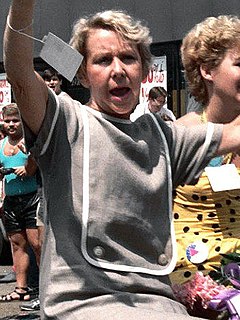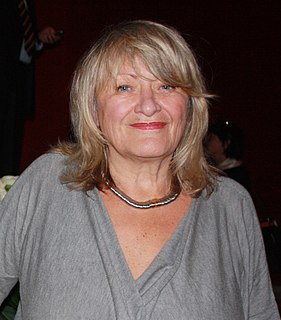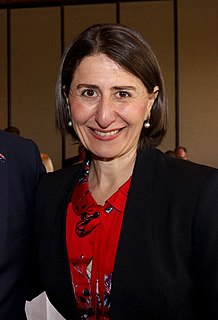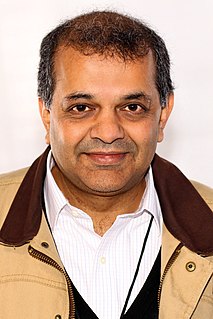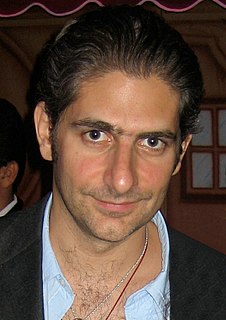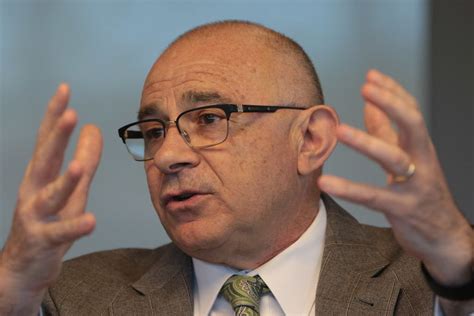A Quote by Jane Byrne
We saw hundreds of programs to redevelop the central city, the neighborhoods, in the past.
Quote Topics
Related Quotes
You have noticed that the human being is a curiosity. In times past he has had (and worn out and flung away) hundreds and hundreds of religions; today he has hundreds and hundreds of religions, and launches not fewer than three new ones every year. I could enlarge on that number and still be within the facts.
I opposed annexing in areas around our city borders, because I knew that if neighborhoods wanted to be a part of the city, well, they would mandate themselves in and invite themselves into a city. That's just one example of even on a local level how dangerous it is for a politician to start thinking they know more than that individual family, that individual business.
I've spoken of the shining city all my political life, but I don't know if I ever quite communicated what I saw when I said it. But in my mind it was a tall, proud city built on rocks stronger than oceans, windswept, God-blessed, and teeming with people of all kinds living in harmony and peace; a city with free ports that hummed with commerce and creativity. And if there had to be city walls, the walls had doors and the doors were open to anyone with the will and heart to get there. That's how I saw it, and see it still.
There where hundreds of graves. There where hundreds of women. There were hundreds of daughters. There were hundreds of sons. And hundreds upon hundreds upon thousands of candles. The whole graveyard was one swarm of candleshine as if a population of fireflies had heard of a Grand Conglomeration and had flown here to settle in and flame upon the stones and light the brown faces and the dark eyes and the black hair.
During my eleven years as a New York City public school teacher, I saw firsthand the impact that poverty has on the classroom. In low-income neighborhoods like Sunset Park, where I taught, students as young as five years old enter school affected by the stresses often created by poverty: domestic violence, drug abuse, gang activity.
